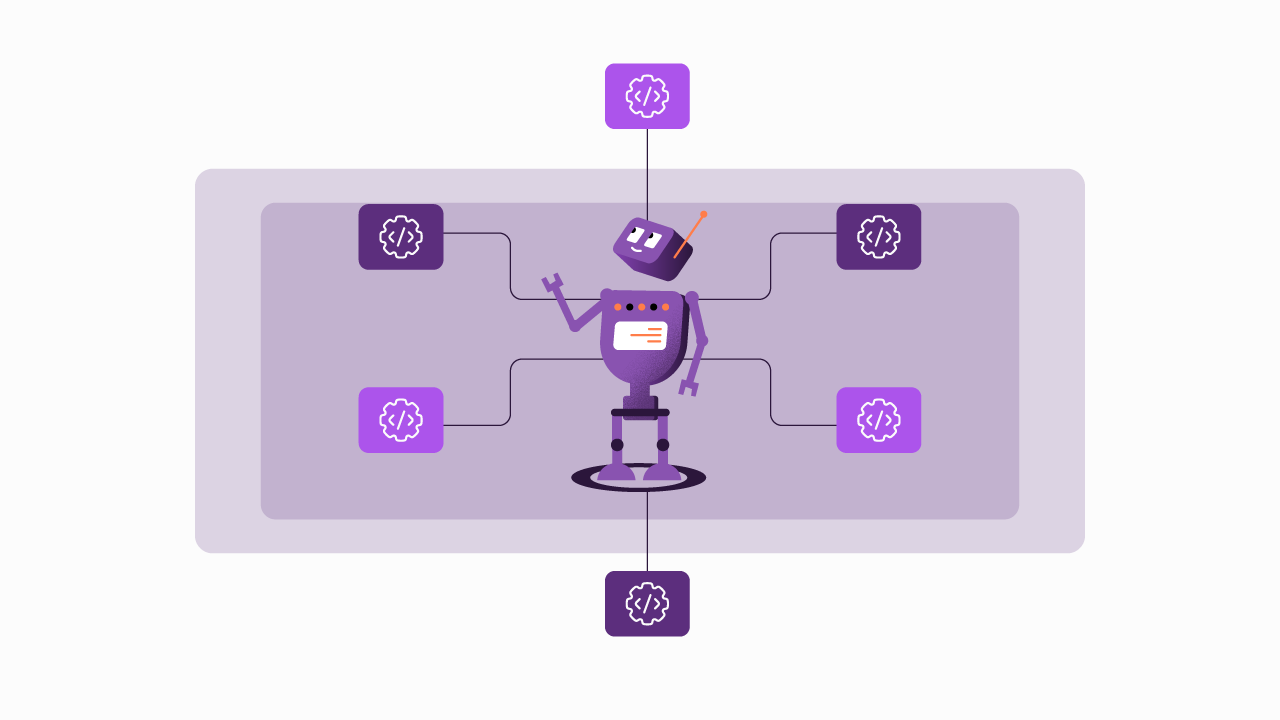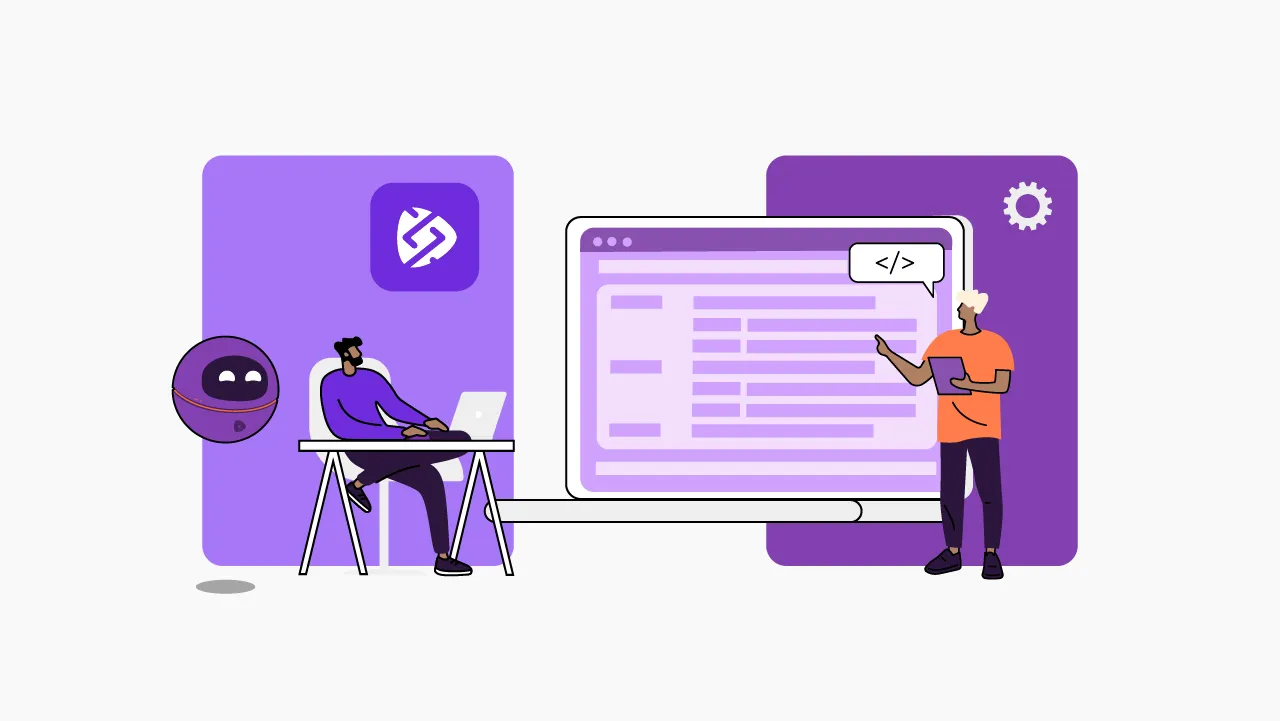The Importance of Using Metrics in APIs
The Importance of Using Metrics in APIs
For any organization utilizing APIs, identifying the experience and usage patterns in their consumption is crucial for proper IT lifecycle management. To achieve this, it is necessary to conduct various extractions and metrics analyses that can be derived using API monitoring tools.
Below, we will list some metrics and how they will support you in identifying lag, both in development and in your API/Backend.
Use of Requests
Do you know how to identify which developers/partners are actually using your APIs? Are you aware of all your processed requests?
With this information and API monitoring, you can identify, for example, if a key partner has stopped using it and contact them to determine what is happening. In some cases, they may have ceased operations due to questions related to specific actions and ended up not attempting to resolve the issue.
View of Latency and Outages
Having a view of how the APIs are performing is extremely important to avoid overload and unavailability and to assess the overall health of the backend of the APIs. Aiming for a healthy partner ecosystem will establish stable use without significant difficulties for collaborators.
Percentage of Failure & Success
How much of the APIs are being utilized, and how healthy is their performance? You can gauge whether your API has delivered a satisfactory user experience by discerning your success vs. failure rate.
Additionally, it is worth mentioning that to consider an API management platform entirely healthy, you must also verify if the successful requests being made are not repeated unnecessarily. In this case, the percentage may mask the problem of errors.
Offending Errors
By employing the DevOps practices of extracting and analyzing this data to identify the most significant difficulties, like operation issues, HTTP Status errors, and quantity, it is possible to determine whether developers have any knowledge gaps in usage.
Taking necessary measures, such as providing training, optimizing the documentation available on the API Portal, and promoting a kickoff, can address these challenges.
Error Offending APPs
With this input, you can accurately identify the partners facing the most usage difficulty. By contacting them, identifying the cause of the problem, and implementing more accessible measures with a direct and clear trigger, you can address the challenges they encounter.
Even when we look beyond the individual API's perspective, with an API integration platform, we can gather more information and metrics, such as analyzing the registration and usage on the Developer Portal. This allows us to identify individuals interested in using the APIs, understand their activities, determine what they are looking for, and assess whether people are actively accessing and browsing the API Portal.
Developer Portal behavioral analysis tools and techniques can aid in the identification of usage behavior, encompassing both documentation comprehension and user experience, as well as navigability.
These tips for extracting metrics in the consumption of APIs and measuring developer experience can be very insightful for your IT and business teams. Through proper API Monitoring, we can collect valuable information for decision-making or even explore opportunities that were not previously mapped—partner with Sensedia to elevate your API strategy and drive business transformation in the ever-evolving digital landscape.
Begin your API journey with Sensedia
Hop on our kombi bus and let us guide you on an exciting journey to unleash the full power of APIs and modern integrations.
Related content
Check out the content produced by our team.
Embrace an architecture that is agile, scalable, and integrated
Accelerate the delivery of your digital initiatives through less complex and more efficient APIs, microservices, and Integrations that drive your business forward.





.svg)




.png)

